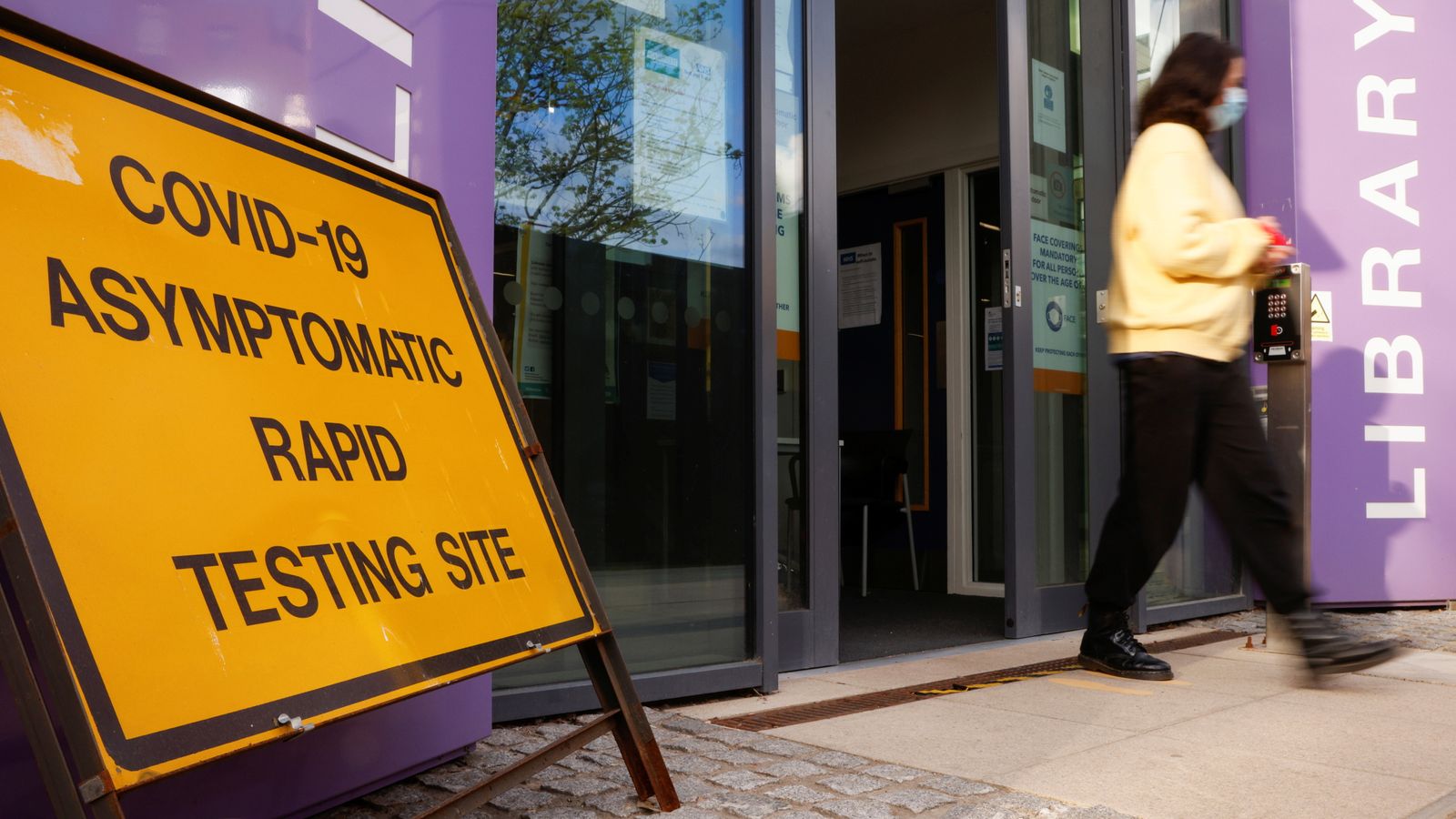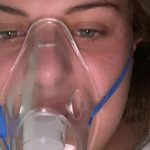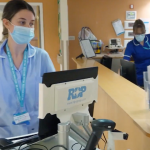The UK has recorded more than seven million COVID cases since the start of the pandemic, according to government data.
It comes after 41,192 new infections were reported in the latest 24-hour period, along with 45 more coronavirus-related deaths.
The daily figures compare with 37,011 infections and 68 fatalities reported on Sunday, and 26,476 cases and 48 deaths announced this time last week.
Since the pandemic began early last year, a total of 133,274 people have died in the UK within 28 days of a positive COVID test and there have been 7,018,927 lab-confirmed cases.
According to the latest data, 988 COVID-19 patients were admitted to hospital on 31 August, while there were 6,573 admissions in the last seven days, a 3.7% rise on the week before.
Some 21,795 people had their first COVID-19 vaccine dose on Sunday, taking the total to 48,270,113 (88.8% of over-16s in the UK).
And 73,193 had their second jab yesterday, meaning 43,455,083 are now fully inoculated (79.9% of over-16s).
It comes as a senior doctor has suggested that some children as young as 12 should be allowed to overrule their parents on whether they have the COVID vaccine.
Dr David Strain, a clinical lead for COVID services, told Sky News he believed there were 12-year-olds “mature enough” to decide to have the jab without the consent of their legal guardians.
The vaccines minister, Nadhim Zahawi, has said parental consent will be required if the government decides all 12 to 15-year-olds should be offered the jab.
However, Dr Strain said a school nurse or GP could assess whether a child is capable of consenting to having the vaccine – even if their parents opposed it.
“Some children at the age of 12 are mature enough to make that call,” he said.
“It will be dependent on people with training – the school nurse, the GP – people who have sufficient training to identify that.”
Follow the Daily podcast on Apple Podcasts, Google Podcasts, Spotify, Spreaker
The Joint Committee on Vaccination and Immunisation (JCVI) has decided against recommending COVID vaccines for all 12 to 15-year-olds on health grounds alone, as the virus presents a low risk to them.
The UK’s chief medical officers are currently considering the wider benefits of the move, such as reducing school absences. They are expected to present their findings within days.
Last month, experts warned it is “highly likely” there will be large levels of coronavirus infections in schools by the end of September.
Meanwhile, a leading business lobby group has warned the government that the crisis caused by the shortage of key workers could take up to two years to resolve, hampering economic recovery from the pandemic.






















